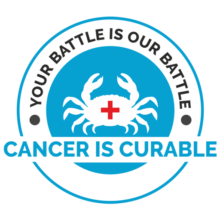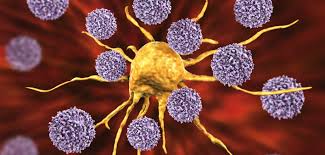You or a loved one has just been diagnosed with cancer. Your mind is in a fix about the treatment decision and other decisions you have to take. And your doctor is asking to take a decision for which treatment you choose for yourself or for your loved. Because of different unheard terms, research, and a feeling of emergency; taking a decision is very nerve-racking. Taking a decision completely personal, and you need to understand the available options and their outcomes. However, unless there is an emergency, it is important to take time to research, express your concerns to the medical team, and discuss with family or a friend that you can rely on. Sometimes people don’t know where to start. Here are some important factors that can help you in your decision.
Seek a Second opinion: If you have been clinically diagnosed as having cancer, it is sensible to get a second opinion from a cancer specialist. No issue how much you like or believe in your oncologist, it’s obvious to wonder if something was skipped or if a new therapy is available. If you have any questions, get a second opinion. If the second opinion also confirms with the first analysis, they can let you know the available treatments for your cancer. This is your health and life and getting a second opinion is your right.
Know the stage of the cancer: Staging is the procedure of figuring out if the cancer has affected the nearby organs and how far it has reached. Knowing the stage can take time, and people are often desperate to start therapy right away. But knowing the stage of the cancer is an important factor in choosing the therapy options. Just remember that by staging, you and your doctor will know what therapies are likely to be the best before beginning the therapy.
Prognosis: Prognosis is the best calculation that a cancer specialist can make about how your illness will react to therapy, and your life expectancy. When a patient diagnosed with cancer at an early stage may only need minor therapy. Others with advanced or aggressive cancer with a low survival rate will have to undergo the treatments anyhow, others may reject therapy. Whatever decision you make, consider the wish and consent of family members, and discuss it over with your cancer specialist.
Know the positive and negative effect of each treatment options: it is important to know the positive and negative effects of each therapy advantages and disadvantages, such as the possibilities of cure or remission and the possibilities of the recurrences after completing the treatment, the chances of living longer with or without therapy.
Cost evaluation for cancer treatment: there may be unexpected expenses during the therapy of cancer that is often high. Talk about it with your medical care group who can help you recognize costs related to your treatments, and different ways to handle medical and associated costs, and recommend you to NGOs or other support services that give financial help to the cancer patients.
Take help other people you trust in making a decision: some people find it helpful to talk and discuss with people they trust, such as a family member, friend, spiritual advisor. Once you are completely acquainted with the treatments and its related factors then you can confidently proceed with cancer treatment by choosing a proficient oncologist (cancer doctor) and a hospital where the treatment will be carried out.



